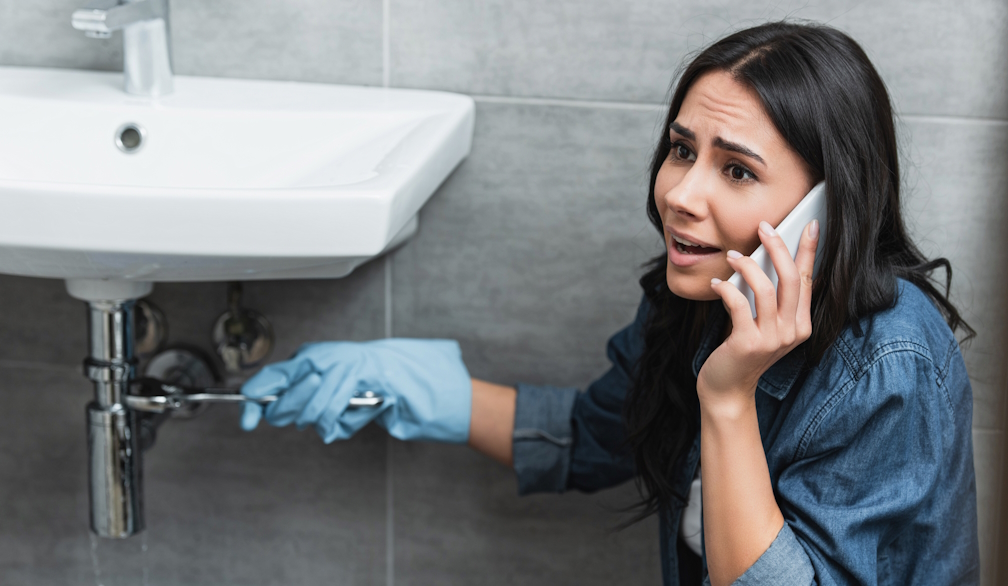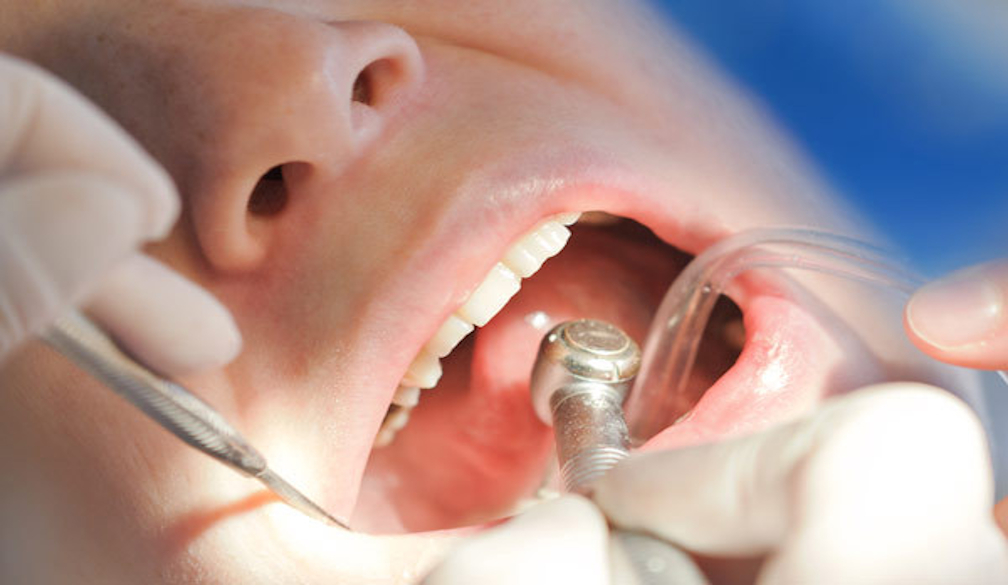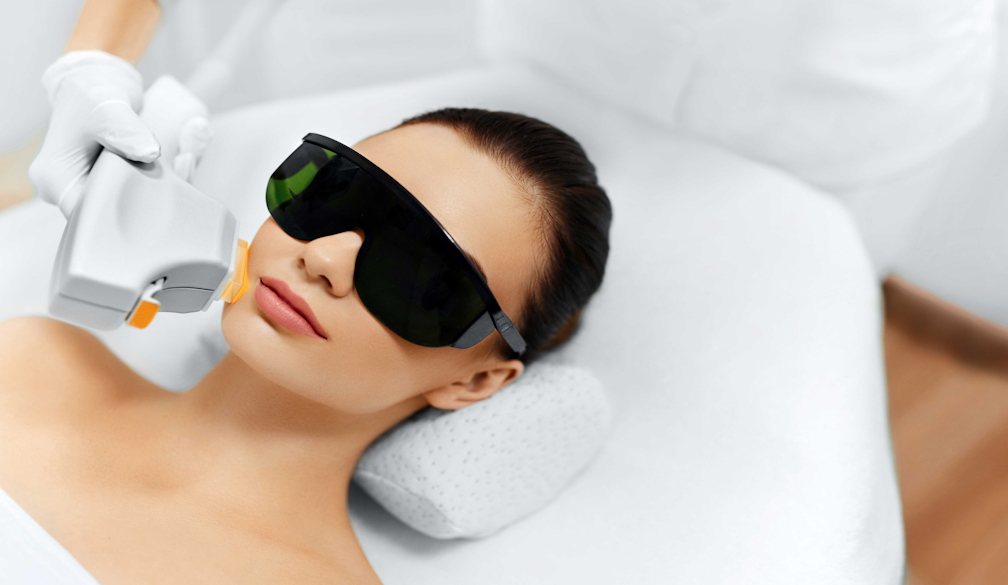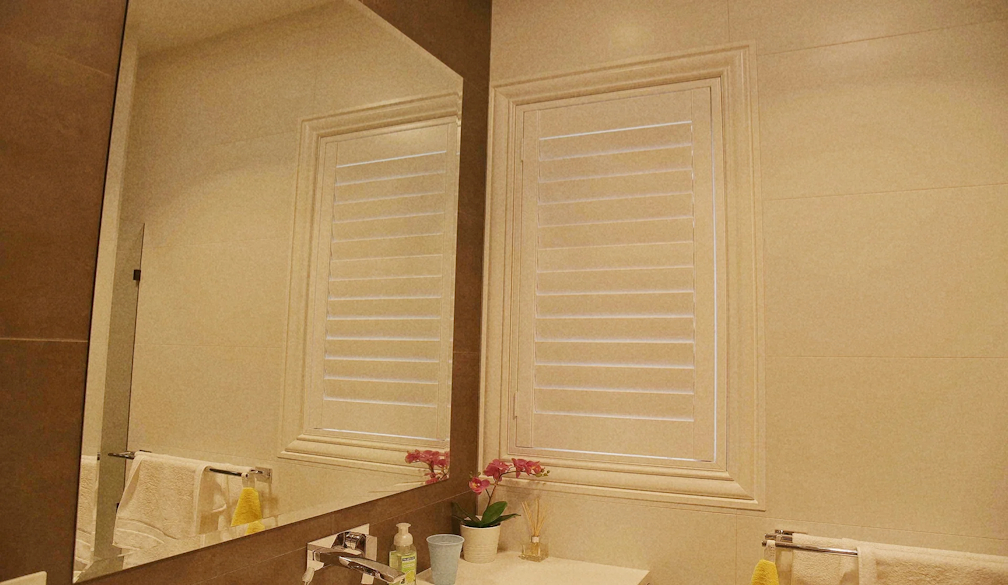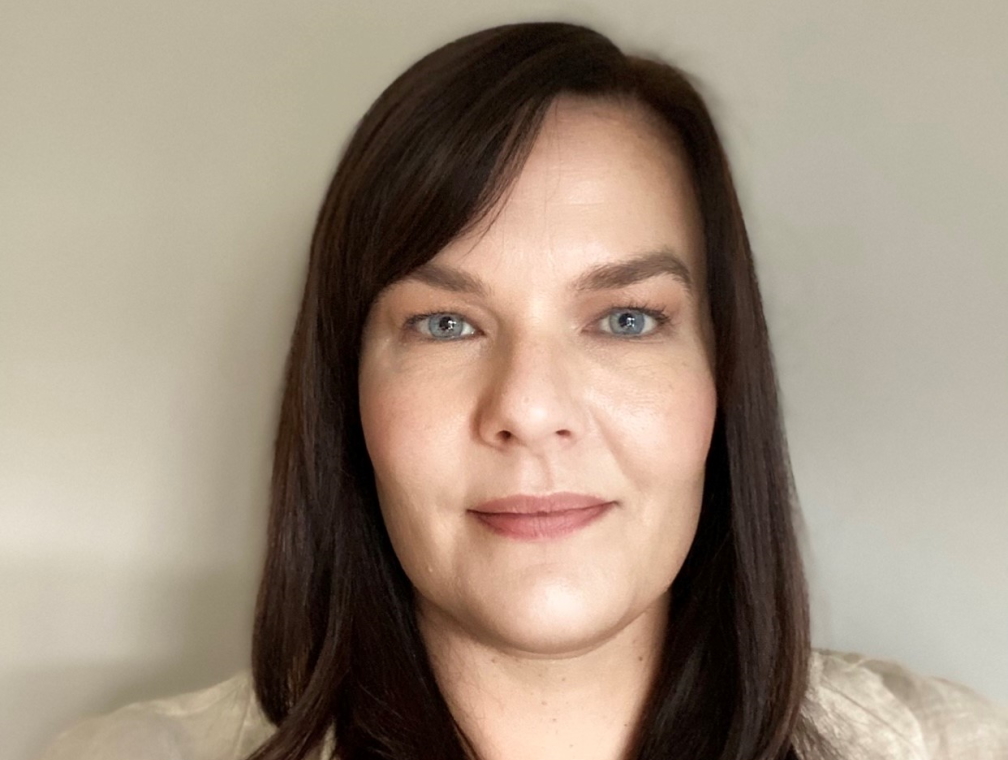3 ways for parents to worry less with kids safety online amidst Stage 4 restrictions
- Written by Kaspersky
A new study by cybersecurity firm Kaspersky explores 160 Australian parents who live with their children under the ages of 18 years old where 58% of parents worry about the safety of the technology their kids use. While majority of parents have done due diligence to ensure their home devices are well protected and embrace their kids being brought up in a digital world, 26% admitted to still being uncomfortable to the risks posed online and remain concerned about their children’s safety despite protecting the device.
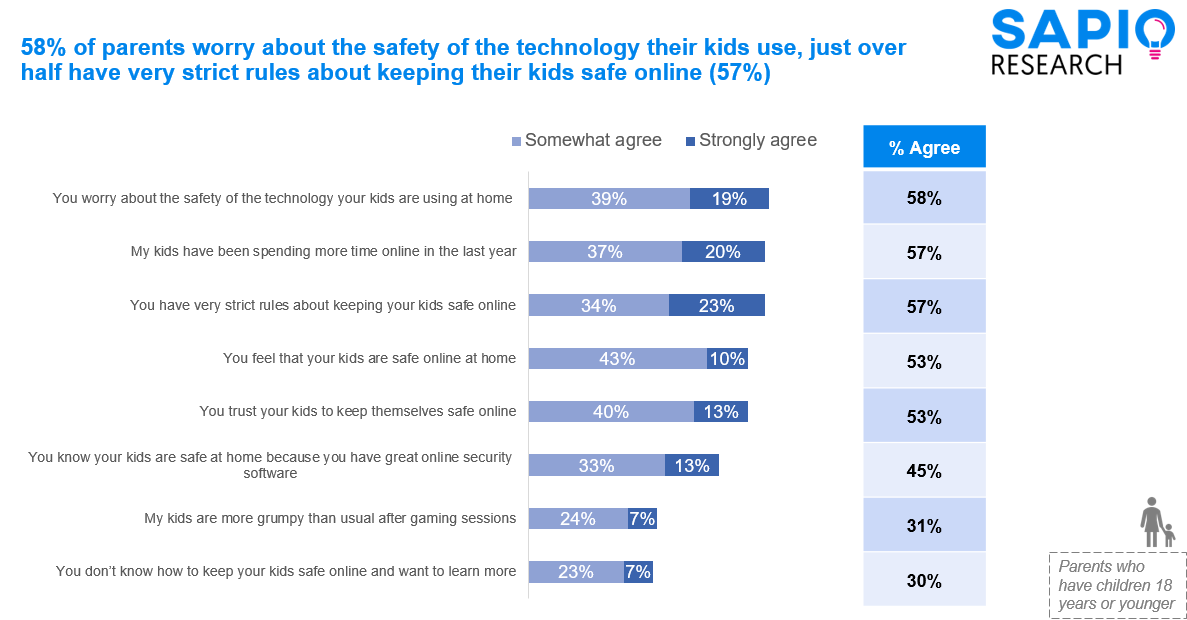
However, in these times on uncertainty, here are 3 ways for mums and dads to worry less and have more digital comfort with their children at home.
1. Surf together.
During Covid-19, 2 in 5 parents saw their kids spending more time online in the last few months with e-learning. Many parents manually check their children’s devices through the browsing history. They may think that it’s alright to do so but children sometimes feel otherwise. However, when parents and children surf the internet together, particularly with e-learning, it builds mutual trust and this can ease the worry.
A great recommendation for surfing together is with The Australian Centre for the Moving Image better known as ACMI. ACMI continue to support teacher and student learning around screen, media and digital technologies with awesome interactive sessions. For example, during school terms, Year 3 and 4 have education talks on teaching kids about animation while Year 5 and 6 have workshops on video game character creations. It’s also advisable to keep the devices out in the open, placed in communal spaces around the house for both parties to self-check accordingly.
2. Have not one, but many chats.
Another example where worry may occur is the age of consent. The eSafety Commisioner digital parenting report revealed that 94% of these parents report their child was already using the internet by the age of four. Pre-schoolers having access to a tablet to enjoy cartoons on Disney+ and YouTube expose them to an interconnected world. TikTok requires users be at least 13 years old to use the full TikTok experience but this new age platform is going viral among the younger set as early as 8 years old.

While parental control apps can facilitate with the age of consent, communication isn’t set and forget. Parents need to have not one or two, but consistent conversations as kids trust them more that their ecosystem. General Manager of Kaspersky ANZ, Margrith Appleby says, “It does take a village to raise a child. Schools and society do shape and mould a child’s future. However, while everyone plays an important role in raising a child, 86% of another global survey believe that parents are better positioned to communicate and educate their children on cyber safety as kids trust them more. That is something as parents we need to remember.”
3. Parents to do digital homework.
People are now spending nearly two extra hours online everyday compared to the start of the year – bringing their daily average up to 7.1 hours a day. With the digital world moving at the speed of lighting, parents are encouraged catch up with the cyber world and to plan their conversations with their children ahead of time. Ultimately, they want the best for their kids and learning as can become a habitual practice. Their wisdom can be absorbed by their children in a memorable way which then takes off the additional worry and have families be more present with each other.
As Stage 4 continues in this new normal, the home is becoming a technological hub for families. If done right, it’s a great way to make up for lost time for those who did not have the opportunity to do so in the past. Families can worry less and instead, enjoy the experience before the next wave of change happens.
About Kaspersky
Kaspersky is a global cybersecurity company founded in 1997. Kaspersky’s deep threat intelligence and security expertise is constantly transforming into innovative security solutions and services to protect businesses, critical infrastructure, governments and consumers around the globe. The company’s comprehensive security portfolio includes leading endpoint protection and a number of specialised security solutions and services to fight sophisticated and evolving digital threats. Over 400 million users are protected by Kaspersky technologies and we help 250,000 corporate clients protect what matters most to them. Learn more at www.kaspersky.com.au.
About Sapio Research
The Kaspersky “More connected than ever before: how we build our digital comfort zones” report is a study into how we perceive our digital comfort zones, and how the pandemic has impacted these views. The study was conducted by research agency Sapio in Argentina, Australia, Brazil, Chile, Colombia, DACH, France, Italy, Mexico, Peru, Philippines, Saudi Arabia, Singapore, Spain, Thailand, Turkey, the UAE, the UK and the US, and survey responses were gathered in May 2020. A total of 10,081 respondents were surveyed across the stated countries. Learn more at: www.sapioresearch.com


